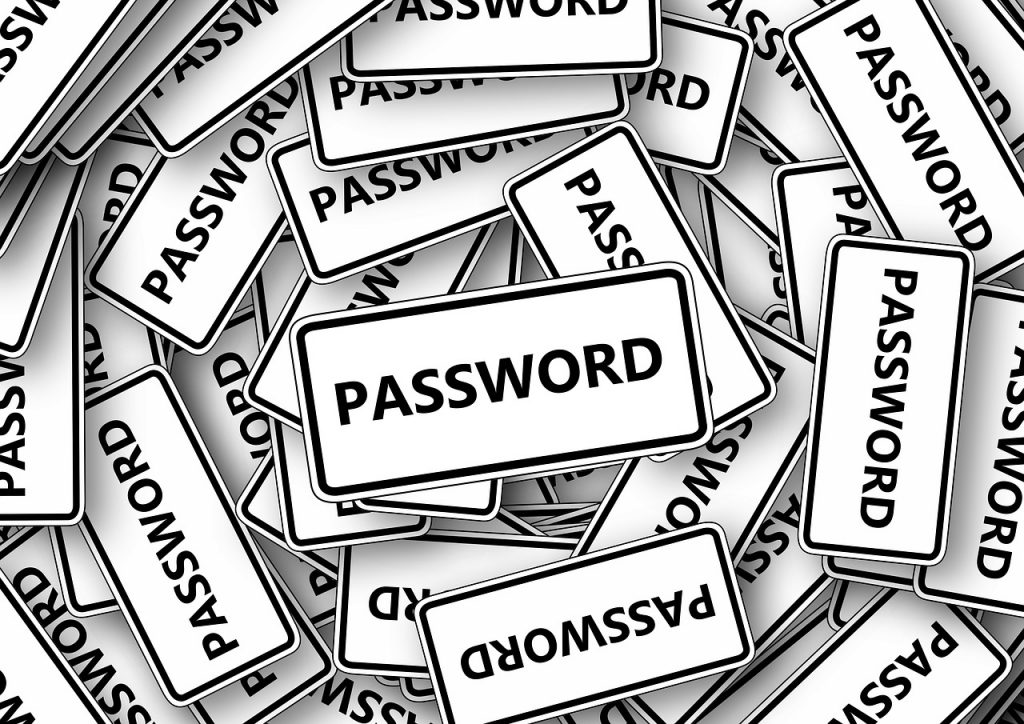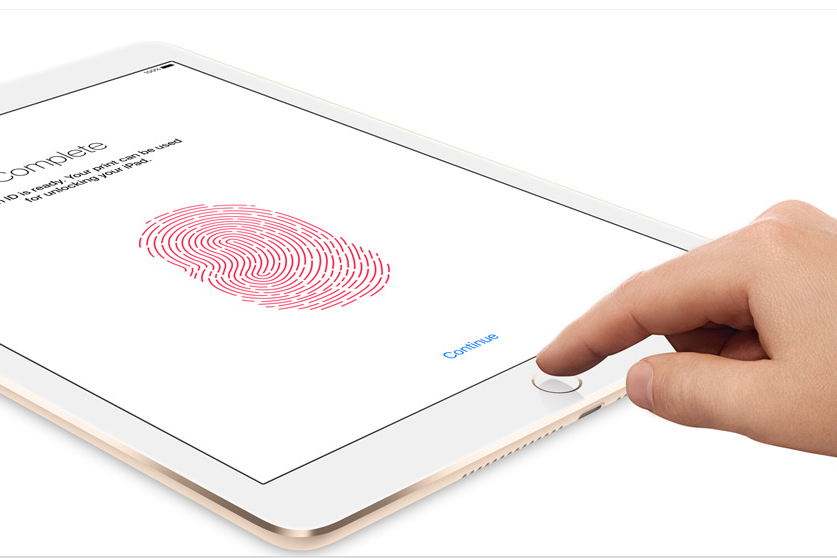Passwords May Soon be a Thing of the Past

image credit: geralt via pixabay.com
Ever since the invention of the computer password with the help of Fernando Corbato in the 1960s, passwords have become a part of our lives. It seems impossible to think of our present without passwords. But when we talk about the future… it seems very possible. Moves from several leaders in the tech industry have been considering to totally do away with it in the past years and now, it might just happen. Why?
In a Wall Street Journal interview with Corbato in 2014, the 87-year old inventor was quoted saying that passwords have become a nightmare. And he mentioned that the rise of the Internet has caused a lot of problems with using passwords. Corbato, who kept a crib sheet for all his 150 passwords, admitted that it did not provide “super high level security” but rather to just protect “from casual snooping.”
As such, internet hacking has opened a lot of vulnerable areas including passwords. TechCrunch recently reported that over 32 million passwords have been hacked and leaked from Twitter, and now being sold online. This comes as a shocker to many people even though Twitter denied such reports. Two major password hacking incidents have already troubled netizens in the past including 360 million passwords hacked from MySpace accounts and around 100 million passwords hacked from LinkedIn.
With a growing concern over password safety and security, some tech companies took it into their own hands to devise ways in making online experiences more secure. Today, many applications and websites require the usage of different alphanumeric combinations to fend off hackers. But tech giants Apple, Microsoft, and Google, are taking a step further in redefining security on the internet and on mobile..

image credit: screenshot via apple.com
Using biometrics in Touch ID
The Biometrics Research Group in Michigan State University, have cited that 650 million people have used biometrics security in their mobile phones in 2015 alone. A report from Telegraph.co.uk noted that by 2020, this number might grow to 2 billion and will continue to do so beyond it.
But this biometrics idea has been an existing technology for many years now. Business laptops like IBM, Lenovo, and Toshiba, have incorporated fingerprint scanners in their laptops as an added security several years back. But it wasn’t until the Apple Touch ID when biometrics have been widely used in mobile applications.
The Apple Touch ID was released in the iPhone 5 model and used the home button as a fingerprint scanner. The technology was mainly used for secure transactions via Apple Pay but it also doubles as a security feature for locking or unlocking an iPhone.
It seems that Apple intends to add this feature in their Macbook products as well. But for now, they are requiring users to type in their passcodes aside from their fingerprint if Touch ID has not been used in eight hours.
Microsoft demands better passwords
Microsoft on the other hand has a simpler response. It does not want to eliminate passwords altogether but it wants to implement “banning simple and regularly used passwords across the company’s many platforms.” Microsoft will now reject simple passwords used throughout their products including Office, Skype, and XBox.
Using the Azure AD Identity Protection cloud service, Microsoft will be checking the kind of password being typed by the user (which is by the way, a minimum of eight characters). If the password is too common or too close to the password “attack list” of hackers, then it will compel users to think of better passwords.

image credit: negativespace.co via pexels.com
From passwords to ‘trust scores’
Google on the other hand, has announced in their Google I/O 2016 event last month that they will be rolling out ‘trust scores’ to replace some passwords. In a report from the Verge, “the trust score is based off various user-specific data points, including current location, facial recognition, and typing patterns.” The trust score will vary across applications depending on the sensitivity of information needed. For example, banking apps might have higher trust scores than social media apps.
Google’s ‘trust score’ will be running in the background as it detects various patterns unique to the user. It will be utilizing the sensors in mobile phones to cull such information. As such, Google will be able to detect your typing pattern, face and fingerprint, or even how you walk and touch your phone’s screen. With such unique data combined, Google believes that if phones are able to recognize their owners, then the use of a password may no longer be needed.
As the world gets more connected every day, it gets trickier to secure your privacy and information. So much has evolved in technology since the inception of the computer password in the 1960’s. Whatever it is that will replace or complement our passwords, it is pretty much clear that passwords alone won’t cut it. The future will be combination of unique patterns and proactive netizens who can fend-off hackers.